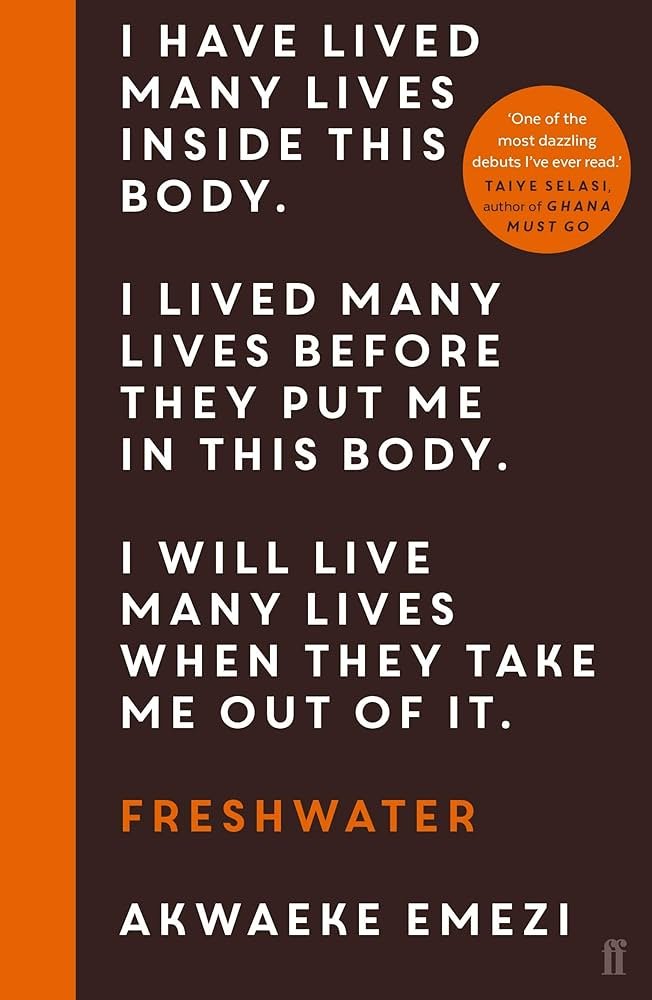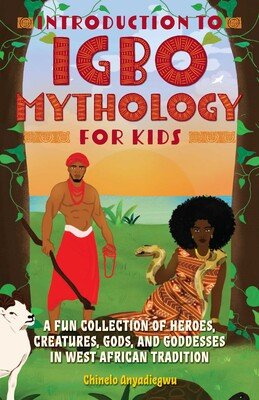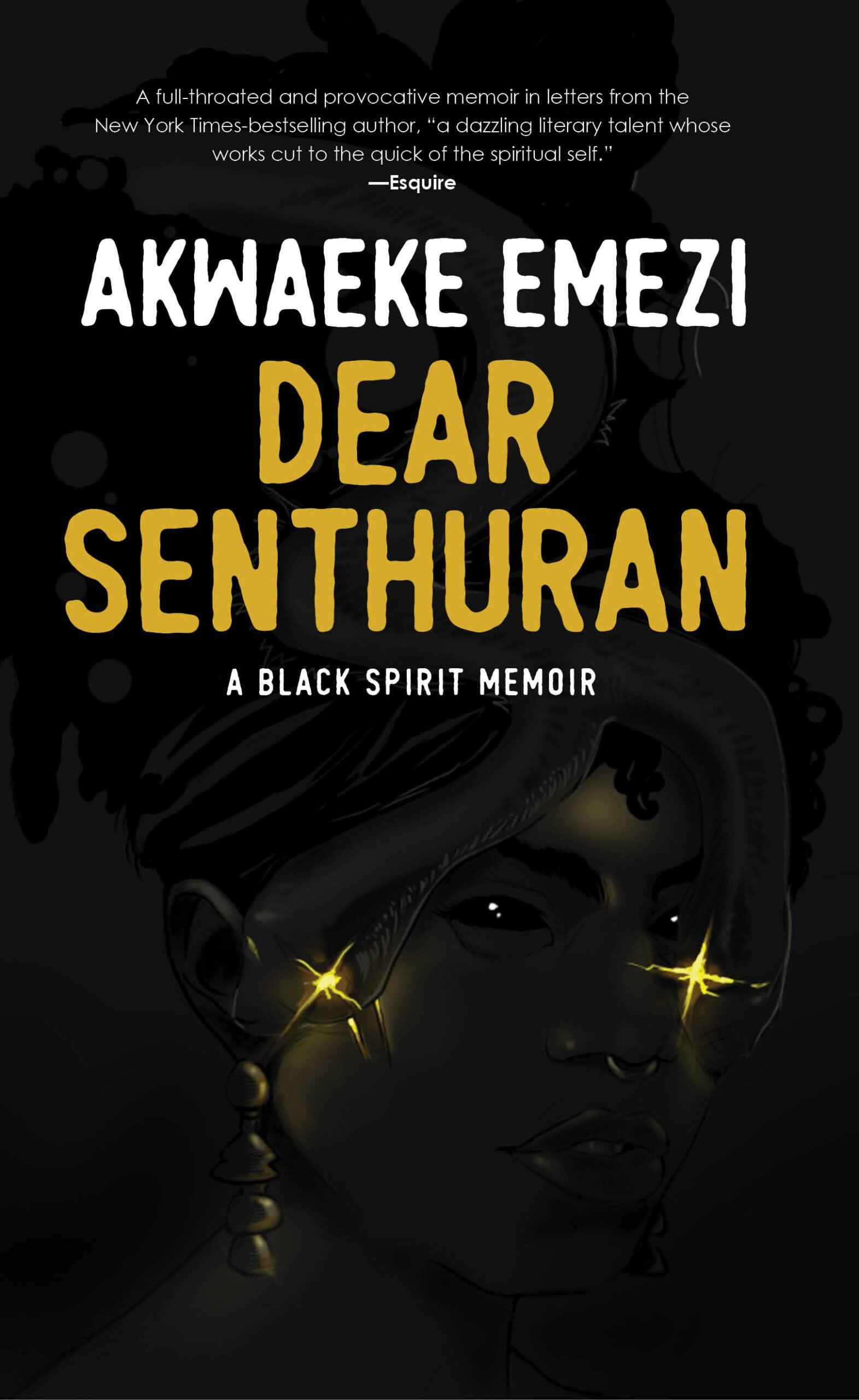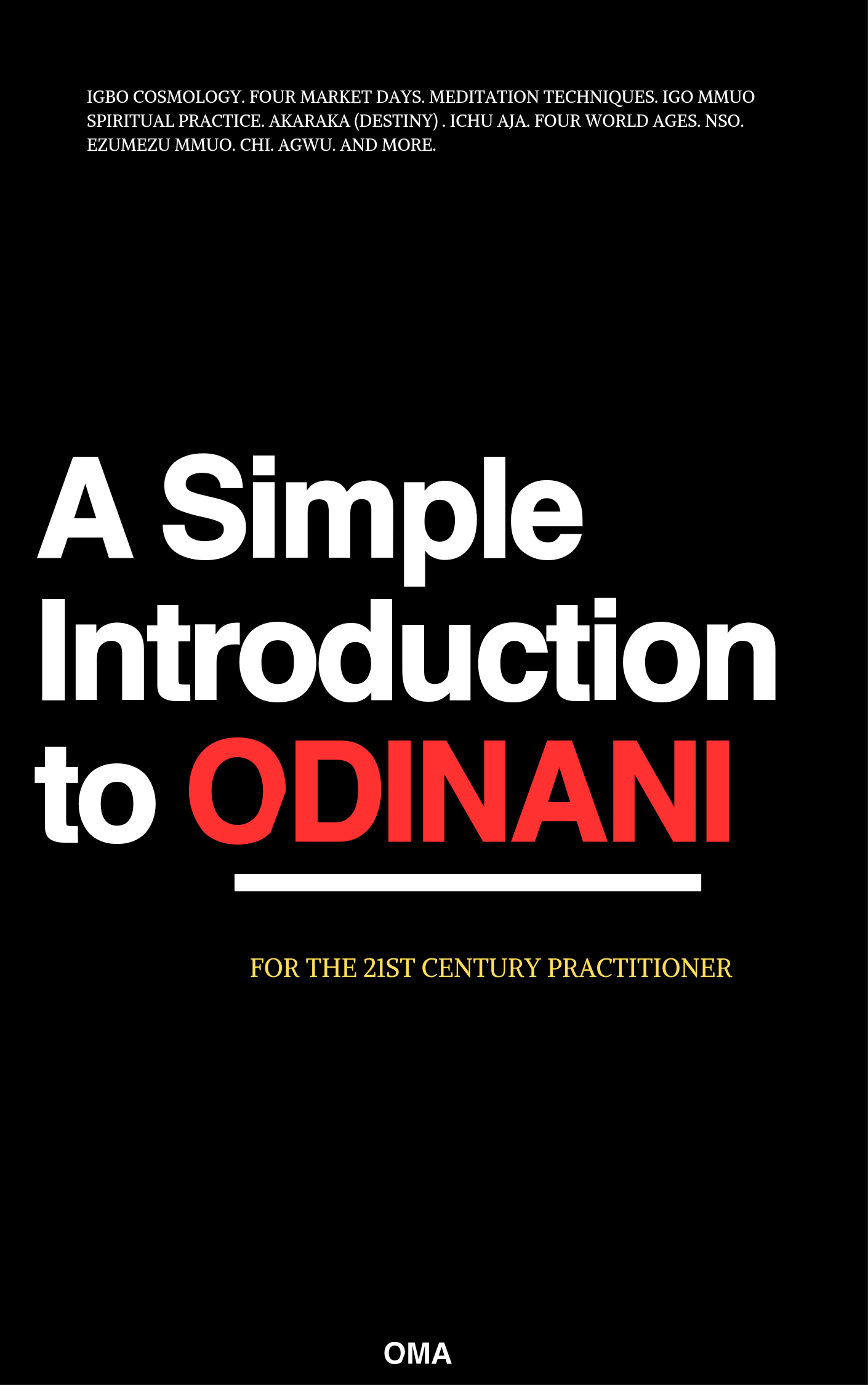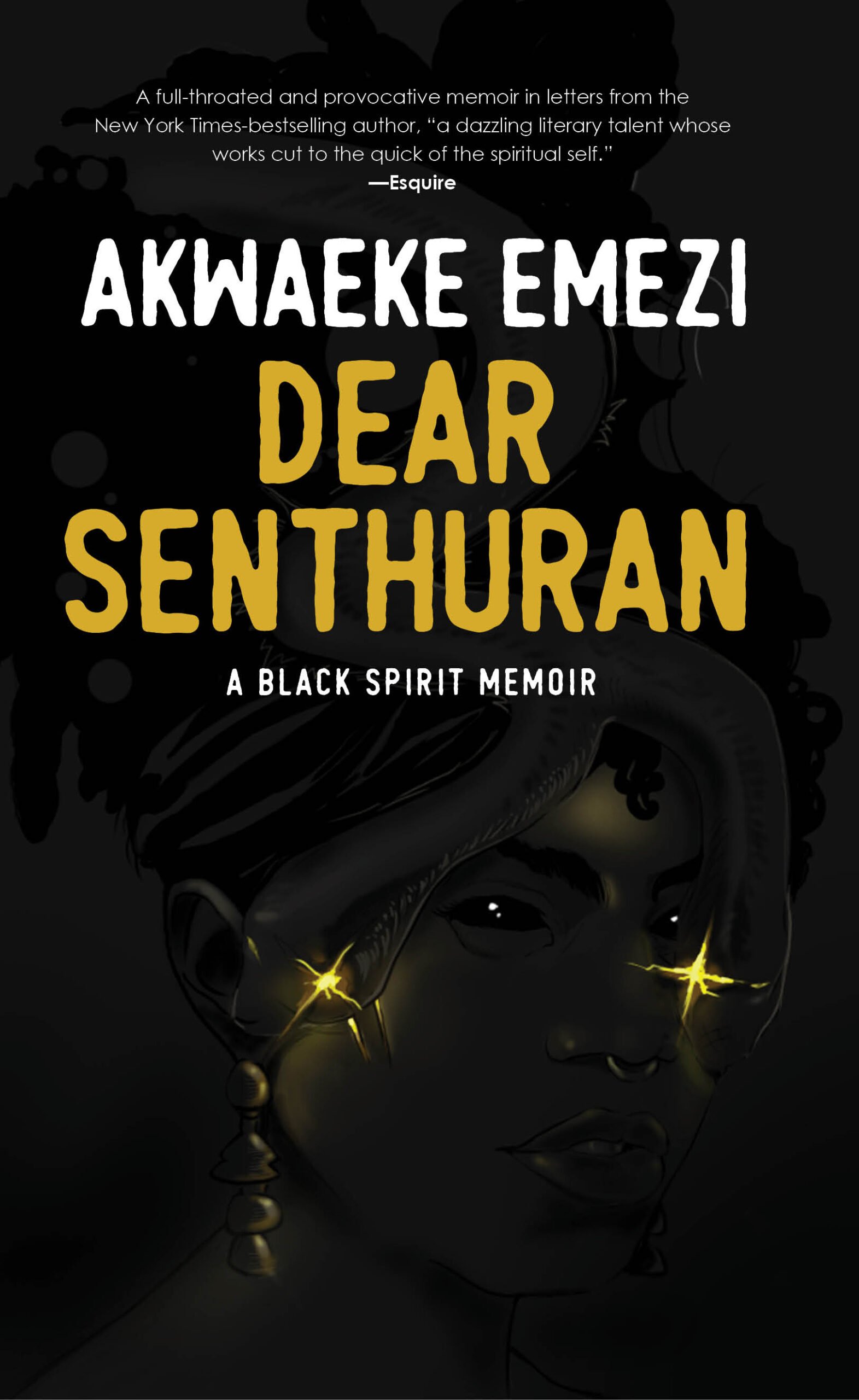The Concubine by Elechi Amadi (Book Review)
Blurb
Amadi's masterpiece of African literature captures village life and practices not yet touched by the white man. The novel's beautiful, hardworking protagonist, Ihouma, is admired by all in her village. Yet those who express their love for her meet with mysterious tragedy, leaving her devastated. This enticing odyssey, where exemplary attributes go unrewarded and the boundaries between myth and reality are muted, outwits readers with unexpected twists that make them want to keep turning the page.
Introduction
The Concubine is a 1966 novel by Elechi Amadi. It was published as a part of the Heinemann African Writers Series. This project was designed to help disseminate the works of African writers to a global audience.
Setting
The novel is set in the village of Omigwe, a small town in the Eastern part of Nigeria, where the elegant Ihuoma is happily married to Emenike, a well-respected hunter and wrestler.
Plot
The Concubine is a beautiful book that is rich in language and culture. It's a story about how fate decides our lives and the outcome of our circumstances.
Ihuoma is a very beautiful young lady. The author describes her to have very admirable, rare and enviable features.
“Ihuoma’s smiles were disarming. Perhaps the narrow gap in the upper row of her white regular teeth did the trick.At that time a gap in the teeth was fashionable. Any girl who was not favoured with one employed the services of carvers who could create them.
Of course accidents occurred now and then:a blood clot could blacken a tooth or the carvers chisel graze the tongue. But the risk was worth it. Ihuoma's gap was natural and other women envied her.”
Even though she is a very beautiful lady and the dream of every man in the village, she adores her husband, Emenike. After six years of marriage and three children, she still accords her husband a high level of respect.
She would live a normal life like every other person in Omigwe till the day Emenike fights with Madume over a piece of land.
According to each of them, they are the rightful owners of the land and none of them would give in to the other's demand, so the decide to fight it off.
But Madume’s anger isn't just because Emenike is his enemy, he is also jealous of him.
“The old men always cited Emenike as the ideal young man.He was good looking and well-formed,a favorite with the girls. He was just an average wrestler but had the devil's luck of throwing people in spectacular ways which onlookers remembered long afterwards.
He had won the old men's confidence and they always let him run errands that required intelligence and the extensive use of proverbs. Perhaps Madume’s hatred for Emenike might not have been so great if only the latter had not snatched Ihuoma from him.
Madume had hopes of marrying Ihuoma, then the most desirable girl in Omigwe village.”
Jealousy is a very bad emotion that could make people commit unthinkable atrocities. In those days, a man is considered wealthy and worthy of respects depending on how well his yams do after a cultivation season.
But Madume’s yams never do well, and that too, propels him to hate on Emenike. And during their fight, he goes all out and defeats Emenike who goes home in pains.
However, things would escalate and Emenike’s situation would turn into a full blown mysterious illness, that they had to fetch Anyika, the native doctor for help.
But Emenike would not survive it. All fingers pointed to Madume for the being the cause of his enemy's death.
With Emenike out of the way, Madume would see this as an opportunity to go after her now widowed heartthrob, Ihuoma.
But Ihuoma’s rejection would fuel his anger once more and he would resort into dragging a piece of land with her family again. But a spitting cobra spits into his eyes, which leads to his blindness, and then he would ultimately take his life after his wife and children abandom him.
In Omigwe, it is a taboo for one to take their life, so Madume would be thrown into the evil forest, because he cannot be buried like a normal person.
It is said that Ihuoma is not an ordinary human being, because of the chains of misfortunes that follow her about. Any man that shows interest in her would definitely pay with his life. It is said that she is married to a sea king, and that the sea king doesn't want to share her with any mere mortal man.
“There are few women like that in the world. It is death to marry them, and they leave behind a harrowing string of dead husbands. They are usually beautiful, very beautiful, but dogged by their invisible husbands of the spirit world. With some spirits, marriage is possible if an expert on sorcery is consulted. With the Sea-King, it is impossible…”
After the tragic deaths of both Emenike and Madume, Ekwueme, another man that admires Ihuoma would come into the picture. He declares his love for Ihuoma who would decline on the basis of his bethrotal to another woman.
It is quite common in those days for parents to betroth their children with other children and expect them to get married, even if they do not love each other.
But Ekwueme wants something different. He wants Ihuoma, even if not as a wife, but as a concubine. He just wants to have her in his life.
All the warnings by native doctors that Ihuoma belongs to a sea king and that Ekwueme should steer clear away from her, fall on deaf ears. He is madly in love with her and want to spend the rest of his life with her, and that's all that matters.
But will love be enough to save Ekwueme from the impending doom lurking around? Will he be able to defy all these prophecies about the mystery surrounding Ihuoma? Would they have a happy ever story, even when the odds are against them? You should read this book to find out.
Themes
The theme of superstition: The people of Omigwe highly believe in a lot of superstitions. During the outbreak of small pox, the villagers take it in a different way. They address it as ‘the good thing’ because they believe doing otherwise will make it worse. They think calling it a nice name will make them not contract it.
They also believe that people should be kind to each other because small pox might visit you in human form and ask for something, and if you refuse, will attack you.
They also believe in incarnation and reincarnation. According to them, a sea king or queen can take the form of a human and live among other human beings. Just like Ihuoma, who is said to be married to a sea king, and as such, should not have any relationship with any male human, else her spiritual husband will be mad.
But if it's really true that she is married to a sea king, why did he have to wait till after six years of marriage and three children to strike her husband? Why not strike him immediately the thought of getting married to Ihuoma crosses his mind?
The inevitability of fate: The book portrays fate as something that's inevitable, and it is the determining factor of how people's lives would turn out. It is said that even before a person is formed, their fate is already predetermined by his chi, and they would only need to play catch up.
Because Ihuoma is married to a sea king, it is her fate to remain unmarried in the human world, because doom would befall any man that seeks her out romantically.
And this leads me to think if there is a connection between fate and coincidence. Is Ihuoma really fated to have a tragic romantic relationship with men, or is it just coincidence that plays out?
If Emenike doesn't drag the land with Madume, would the fight have happened? And if the fight doesn't happen, wouldn't it mean that they have defied fate and lived happily ever after?
Also, Madume’s tragic death is fuelled by his own greed and wickedness. If he doesn't fight for Ihuoma’s land and goes further to cut of a banana branch from a tree in the land, would the cobra spit into his eyes and blind him?
The theme of jealousy and love: Love is a prominent theme in this book. Everything happens because Ihuoma is a very beautiful and lovable young lady, and so, men are dying to be with her. However, the love story that I really like is the one between her and Ekwueme.
Jealousy is a strong, negative emotion. Because Madume is jealous of the things he doesn't and can't have, it moves him to do wicked things that would later also cost him his life.
Final Thoughts
Elechi Amadi is a legend when it comes to story telling. I totally enjoyed his creative and sublime writing skills, and how he weaves words together to form this masterpiece.
This book takes us back to the pre-colonial Igbo community, and how things were done prior to the coming of the colonial masters.
There is also the case of tradition and its dynamics. Traditions are constantly changing and evolving. In Omigwe village, it is entirely allowed for a man to beat his wife, but in recent times, it is no longer acceptable.
I like the fact that this book is very ‘Igbo’ in every sense of it, and it's a classic that has aged well. I will recommend it to every lover of good literature, especially Igbo culture.






